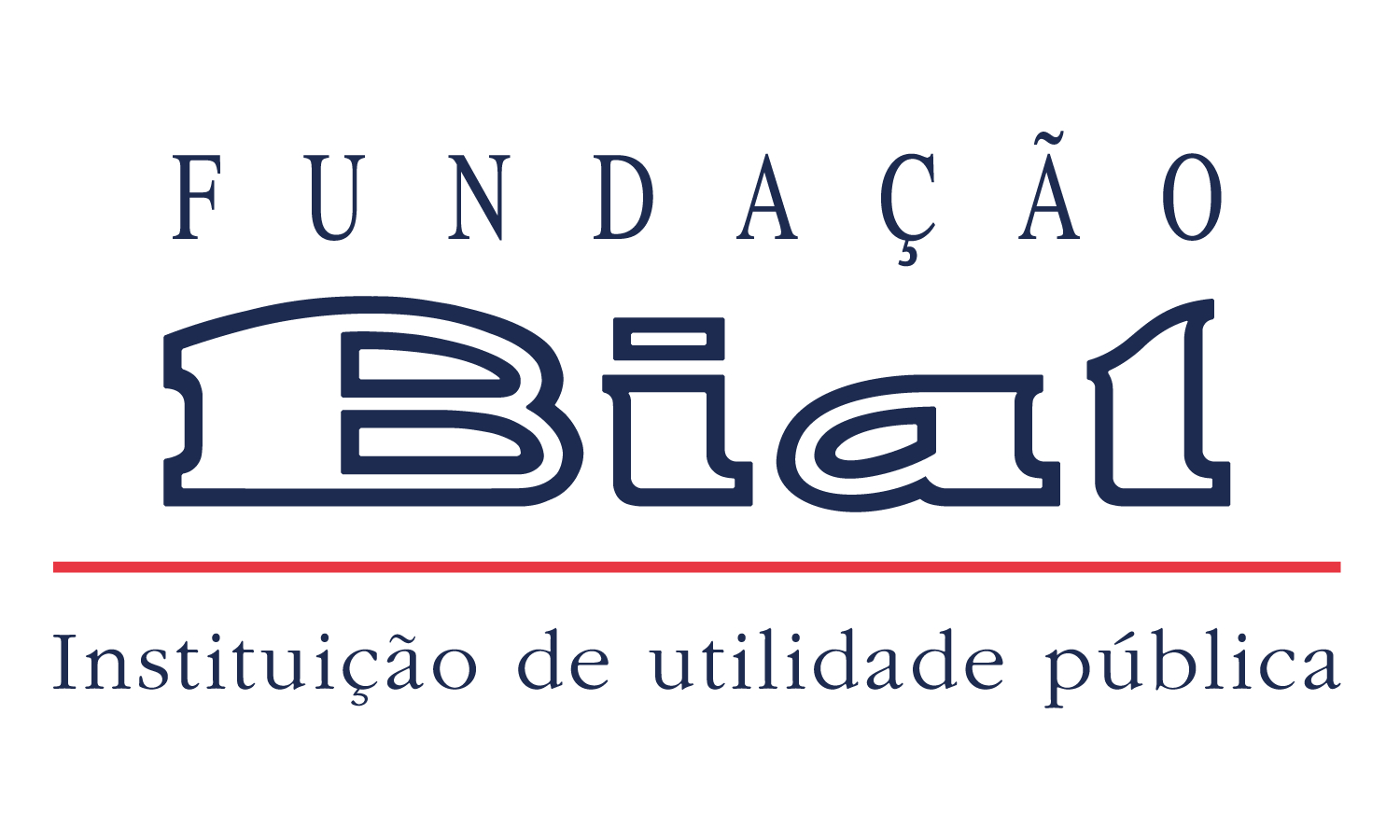O artigo Placebo effects in the context of religious beliefs and practices: A resting-state functional connectivity study resultante do projeto 02/18 - Neurobiological effects of Lourdes water: an fMRI study, apoiado pela Fundação BIAL, foi publicado por Anne Schienle, da Universidade de Graz (Áustria), na revista Frontiers in Behavioral Neuroscience.
“Background: Placebos (inert substances or procedures) can positively influence a person’s psychological and physical well-being, which is accompanied by specific changes in brain activity. There are many different types of placebos with different effects on health-related variables. This study investigated placebo effects in the context of religious beliefs and practices. The participants received an inert substance (tap water) along with the verbal suggestion that the water would come from the sanctuary in Lourdes (a major Catholic pilgrimage site with reports of miracle cures). We investigated changes in resting-state functional connectivity (rsFC) in three brain networks (default-mode, salience, cognitive control) associated with the drinking of the placebo water.
Methods: A total of 37 females with the belief that water from the sanctuary in Lourdes has positive effects on their spiritual, emotional, and physical well-being participated in this placebo study with two sessions. The participants drank tap water that was labeled “Lourdes water” (placebo) before a 15-min resting-state scan in one session. In the other (control) session, they received tap water labeled as tap water. The participants rated their affective state (valence, arousal) during the session and were interviewed concerning specific thoughts, feelings, and bodily sensations directly after each of the two sessions.
Results: The placebo reduced rsFC in the frontoparietal cognitive control network and increased rsFC in the salience network (insular-cerebellar connectivity). During the session, the participants rated their affective state as very pleasant and calm. The ratings did not differ between the two conditions. Immediately after the session, the participants reported increased intensity of pleasant bodily sensations (e.g., feelings of warmth, tingling) and feelings (e.g., gratefulness) for the “Lourdes water” condition.
Conclusions: The present findings provide the first evidence that placebos in the context of religious beliefs and practices can change the experience of emotional salience and cognitive control which is accompanied by connectivity changes in the associated brain networks.”

































































































